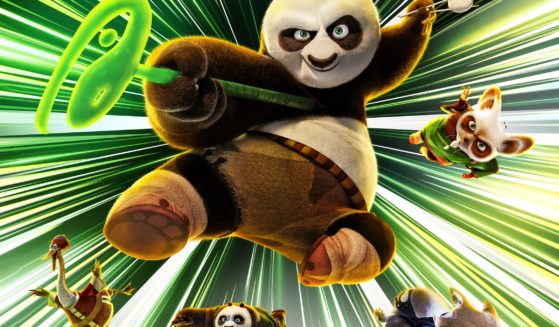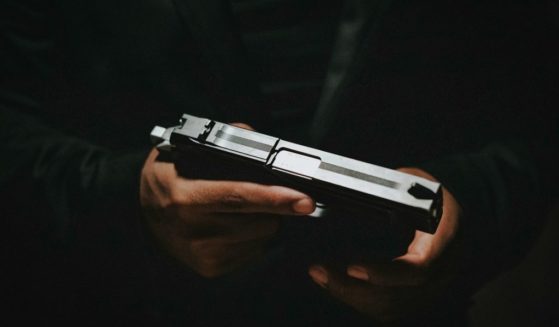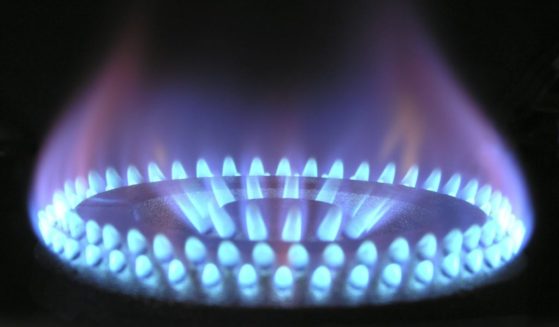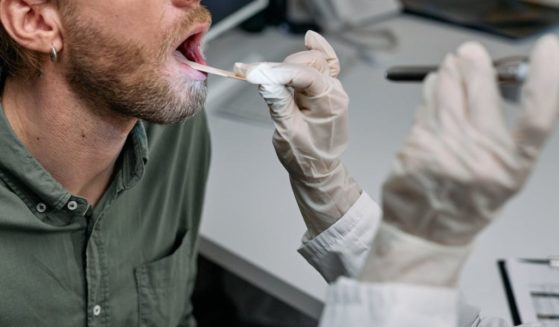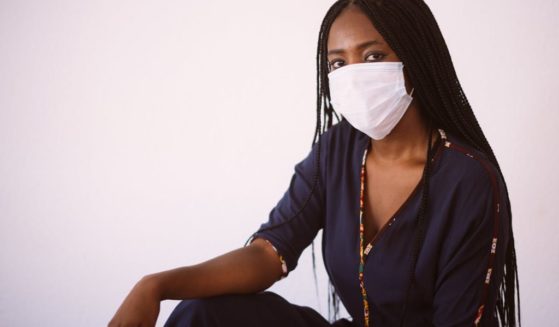China Drastically Undercuts Hong Kong's Democracy with New Set of Election Rules
Last week, the National People’s Congress of China instituted a series of drastic changes to the country’s election laws and procedures.
The new laws will hit the hardest in Hong Kong — a formally autonomous coastal city that has taken part in several high-profile clashes with Beijing in the last decade.
According to the South China Morning Post, the new reforms will expand the size of the nation’s Election Committee from four voting blocs to five. The committee is a body of officials from various backgrounds who assist in selecting candidates and monitoring elections.
Each bloc will consist of 300 members, expanding the body to 1,500 members.
The new members will be selected from the National People’s Congress and the nation’s leading political advisory committee, the Chinese People’s Political Consultative Conference.
While 300 seats were added to introduce the coalition of Beijing-loyalists, another 117 seats on the Election Committee will be eliminated under the new rules. The seats being eliminated are mostly held by opposition figures.
In addition to that change, Hong Kong’s legislative council will be expanded from 70 seats to 90. The seats will be filled by the election committee, direct elections and functional constituencies.
These changes were implemented by amending two provisions of Hong Kong’s city constitution and were put in place to ensure that only “patriots” could be selected to lead the city, according to Chinese Communist Party leadership.
Chinese officials defended the move, noting it was necessary to establish a “democratic electoral system with Hong Kong characteristics.”
After multiple turbulent years between the two governments, which culminated in what would be multiple months of clashes between pro-democracy protesters and state police in 2019, Chinese authorities enacted measures like this to “safeguard the constitutional order of Hong Kong,” according to National People’s Congress Standing Committee member Li Zhanshu.
The city initially came under Chinese authority in 1997, when Britain and China agreed to a framework under which Hong Kong would preserve a considerable amount of its political autonomy until 2047, according to the Council on Foreign Relations.
Since 2003, however, Beijing has engaged in a variety of initiatives to undermine Hong Kong’s political autonomy, its rule of law and its political freedoms.
“In the years following the 2014 protests, Beijing and the Hong Kong government stepped up efforts to rein in dissent, including prosecuting protest leaders, expelling several new legislators, and increasing media censorship,” according to CFR.
In 2019, protests erupted once again after Hong Kong’s legislature proposed a bill that would extradite Hong Kong citizens to the mainland, leaving many to fear that their political freedoms had already disappeared.
The 2019 protests, which garnered international attention, dissipated with the onset of COVID-19.
On Wednesday, Secretary of State Anthony Blinkin spoke before the House Committee on Foreign Affairs to inform lawmakers of the administration’s future foreign policy initiatives.
Republican Rep. Brian Fitzpatrick of Pennsylvania asked the secretary to take a stance on how the administration would respond to China’s efforts to consolidate authority over Hong Kong, pressing Blinkin to define what a “hostile act” would be.
“Well, I think we’ve seen actions of deep concern in Hong Kong by Beijing, starting with the national security law — that you know well — and then the actual implementation of that law to quash democracy in Hong Kong,” Blinkin responded.
“And to renege on commitments that China made when Hong Kong was handed over … Those principles, those commitments, I think, have been clearly and egregiously violated.”
Blinkin noted that the administration is continuing to develop its policy toward China, saying it will continue to restrict visas, issue sanctions and work alongside “like-minded countries.”
Despite China’s key role on the United Nations Human Rights Council, the secretary offered that further initiatives would be pursued through that international body.
Blinkin and national security advisor Jake Sullivan will meet with top Chinese officials this week in Alaska to discuss China’s recent attitude towards Taiwan, Hong Kong and Australia, in addition to its treatment of the Uighurs in Xinjiang, according to The Wall Street Journal.
Truth and Accuracy
We are committed to truth and accuracy in all of our journalism. Read our editorial standards.


